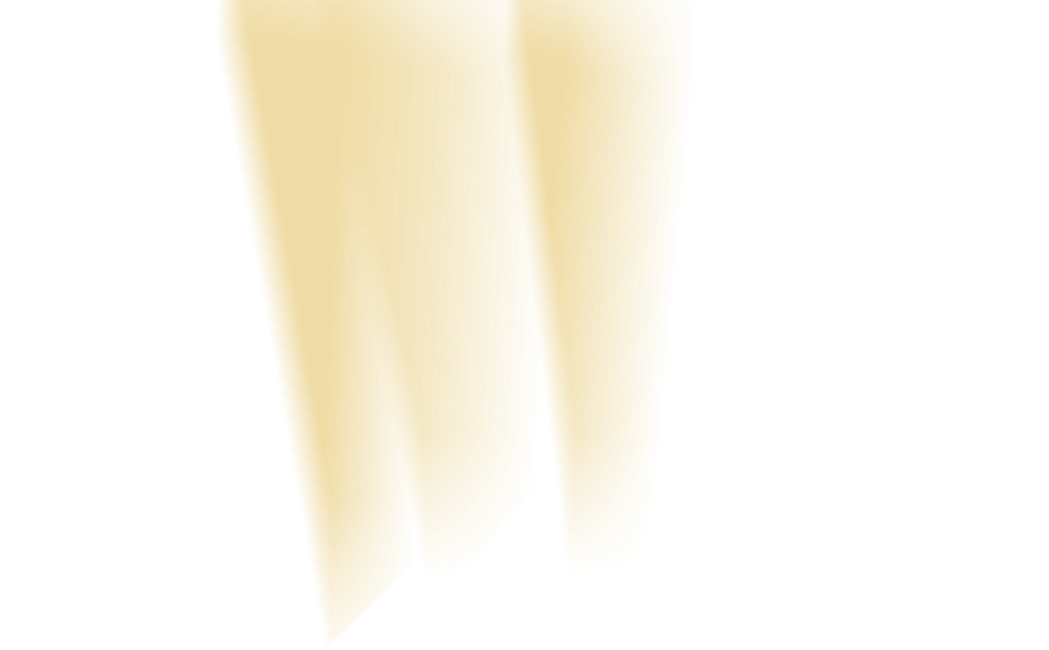Arek Hersh
Born 1929 in Sieradz, PolandStatement von Arek Hersh #76liberation
Arek Hersh had a happy childhood in Poland between the wars. This came to a sudden end when Germany invaded Poland on 1 September 1939. As the Wehrmacht advanced, his family fled to Łódź. They were forced to live in the city’s ghetto under the German occupation. The Hersh family was deported to the Chełmno extermination camp, where the whole family was murdered except for Arek’s older sister. Arek Hersh himself was able to evade the transport by hiding with a group of forced labourers that the occupiers had assembled in the ghetto.
Arek Hersh was sent to Auschwitz-Birkenau in 1944 and avoided being ‘selected’ for the gas chamber because the guards were distracted. When the camp complex was cleared by the SS in January 1945, he was taken to Children’s Block 66 of the Buchenwald concentration camp. He was liberated on 9 May 1945 in Theresienstadt.
On the initiative of a British aid organisation, Arek Hersh was sent with a group of 300 child survivors to Windermere in northern England in August 1945. Once there, he found out that his older sister had survived the Shoah as well. The two were reunited in 1947. In 1948, he fought as a volunteer in Israel’s War of Independence.
Arek Hersh first spoke publicly about his experiences under National Socialism in 1995, and he has been involved in historical educational work ever since.
Find out more
Arek Hersh’s story on the website of the Holocaust Exhibition and Learning Centre
Arek Hersh: A Detail of History, Newark, Nottinghamshire 2001.
